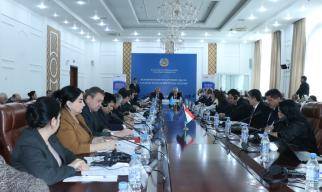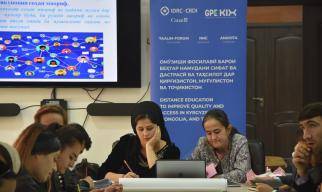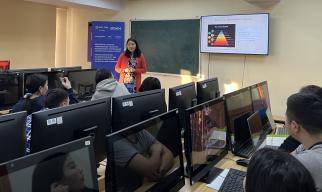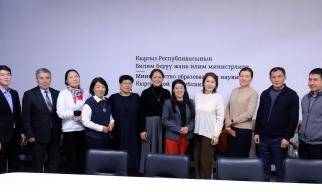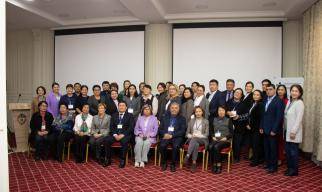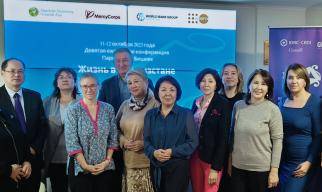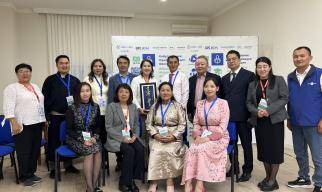The on-going COVID-19 pandemic has increased the pre-existing gaps in educational opportunities for school children in the Kyrgyz Republic, Tajikistan, and Mongolia. Children who already face inequalities in educational access due to gender disparities, being in remote and rural communities, and from ethnic minorities are likely to be the most affected.
While distance education has the potential to be an effective way to provide continuity of education during such disruptions, more attention needs to be paid to accessibility, quality, and equity issues, which are currently under-addressed.
This project will study the experiences of three countries in using distance education to understand what works, and what more needs to be done. The study will include desk reviews to identify effective distance education models and strategies to reduce inequality and improve quality. It will review existing distance learning interventions in the three countries and opportunities for their enhancement and scalability. The study will carry out surveys, interviews, focus group discussions, and observations involving all key stakeholders to determine the effectiveness and scalability of selected interventions.

